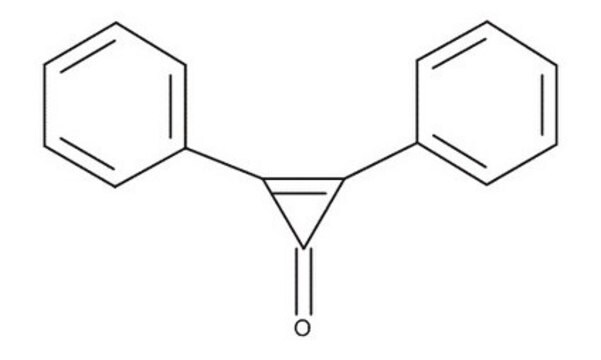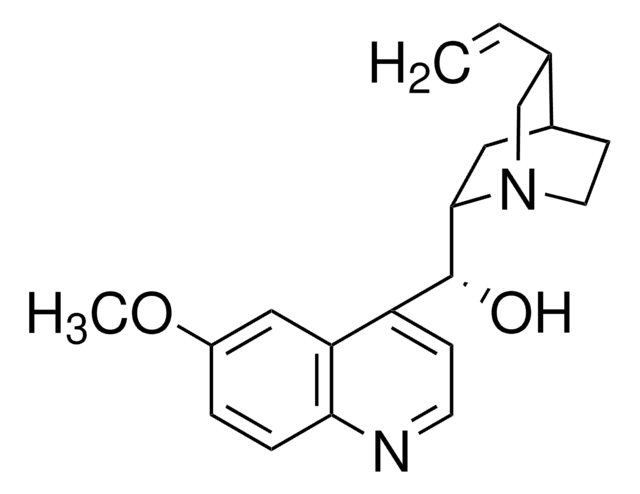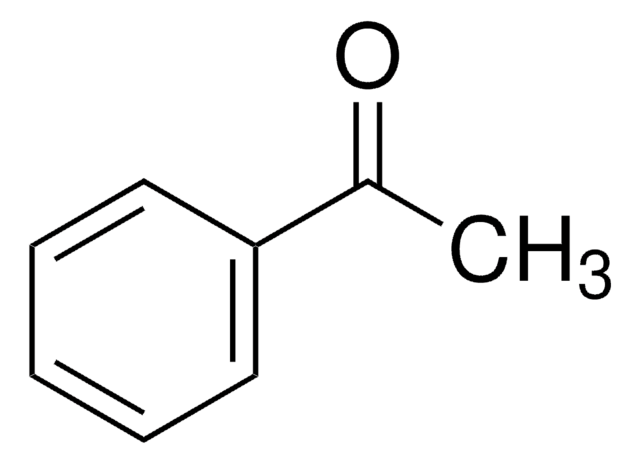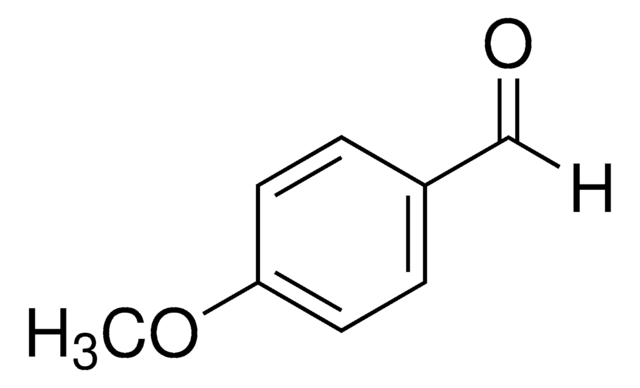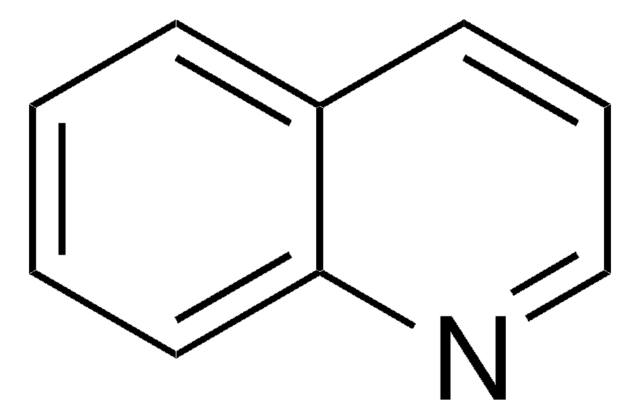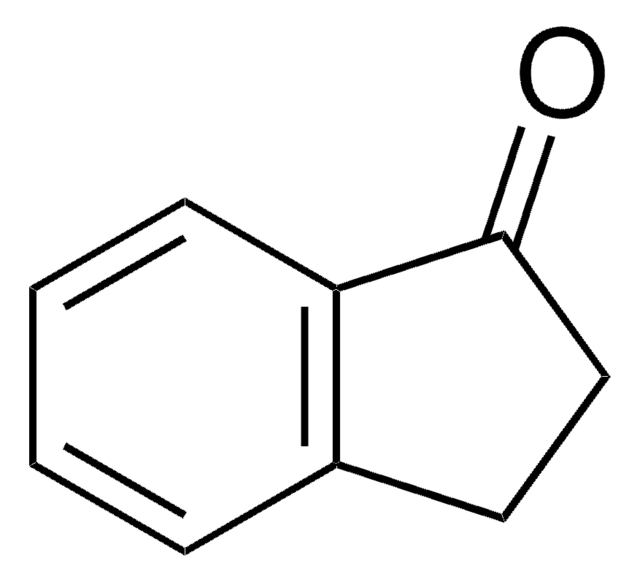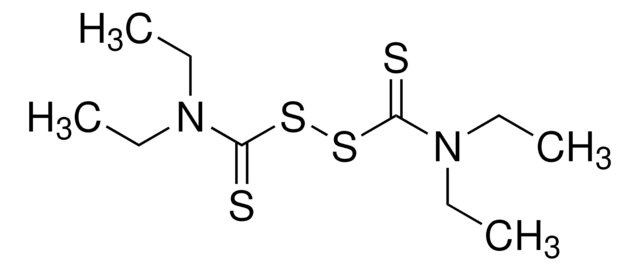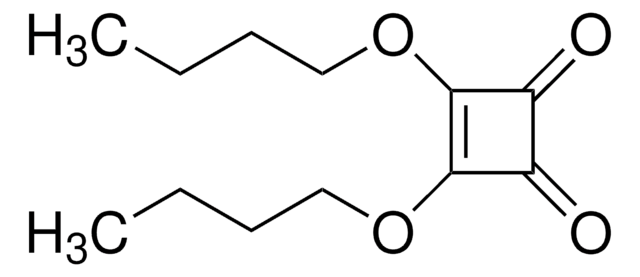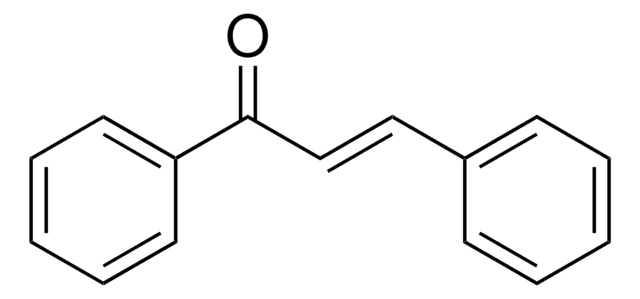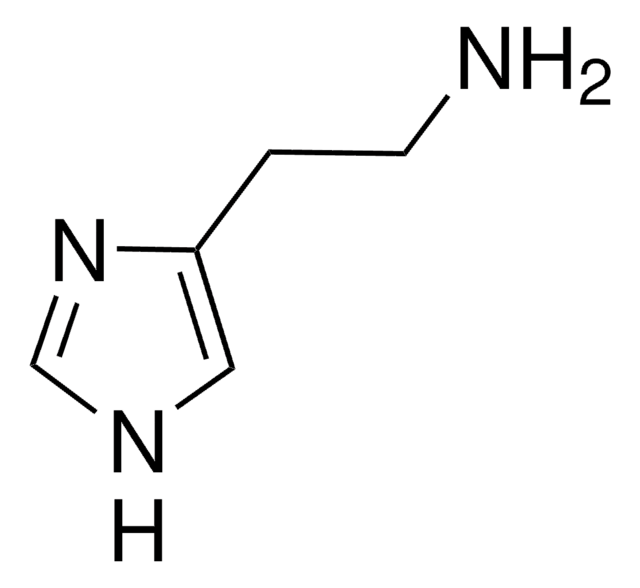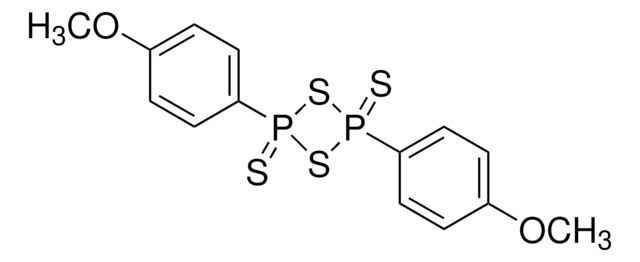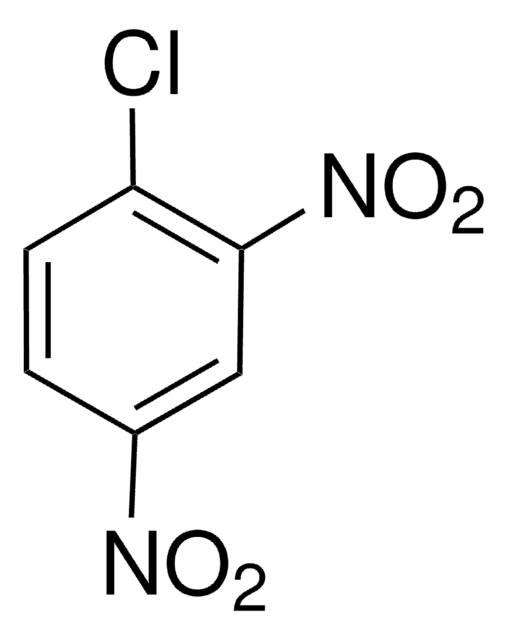About This Item
Recommended Products
Quality Level
Assay
98%
mp
118-122 °C (lit.)
functional group
ketone
phenyl
SMILES string
O=C1C(c2ccccc2)=C1c3ccccc3
InChI
1S/C15H10O/c16-15-13(11-7-3-1-4-8-11)14(15)12-9-5-2-6-10-12/h1-10H
InChI key
HCIBTBXNLVOFER-UHFFFAOYSA-N
Looking for similar products? Visit Product Comparison Guide
General description
Application
Signal Word
Warning
Hazard Statements
Precautionary Statements
Hazard Classifications
Skin Sens. 1
Storage Class Code
11 - Combustible Solids
WGK
WGK 3
Personal Protective Equipment
Regulatory Listings
Regulatory Listings are mainly provided for chemical products. Only limited information can be provided here for non-chemical products. No entry means none of the components are listed. It is the user’s obligation to ensure the safe and legal use of the product.
JAN Code
177377-1G:
177377-5G:
177377-250G:
177377-500G:
177377-VAR:
177377-BULK:
Choose from one of the most recent versions:
Certificates of Analysis (COA)
Don't see the Right Version?
If you require a particular version, you can look up a specific certificate by the Lot or Batch number.
Already Own This Product?
Find documentation for the products that you have recently purchased in the Document Library.
Customers Also Viewed
Our team of scientists has experience in all areas of research including Life Science, Material Science, Chemical Synthesis, Chromatography, Analytical and many others.
Contact Technical Service